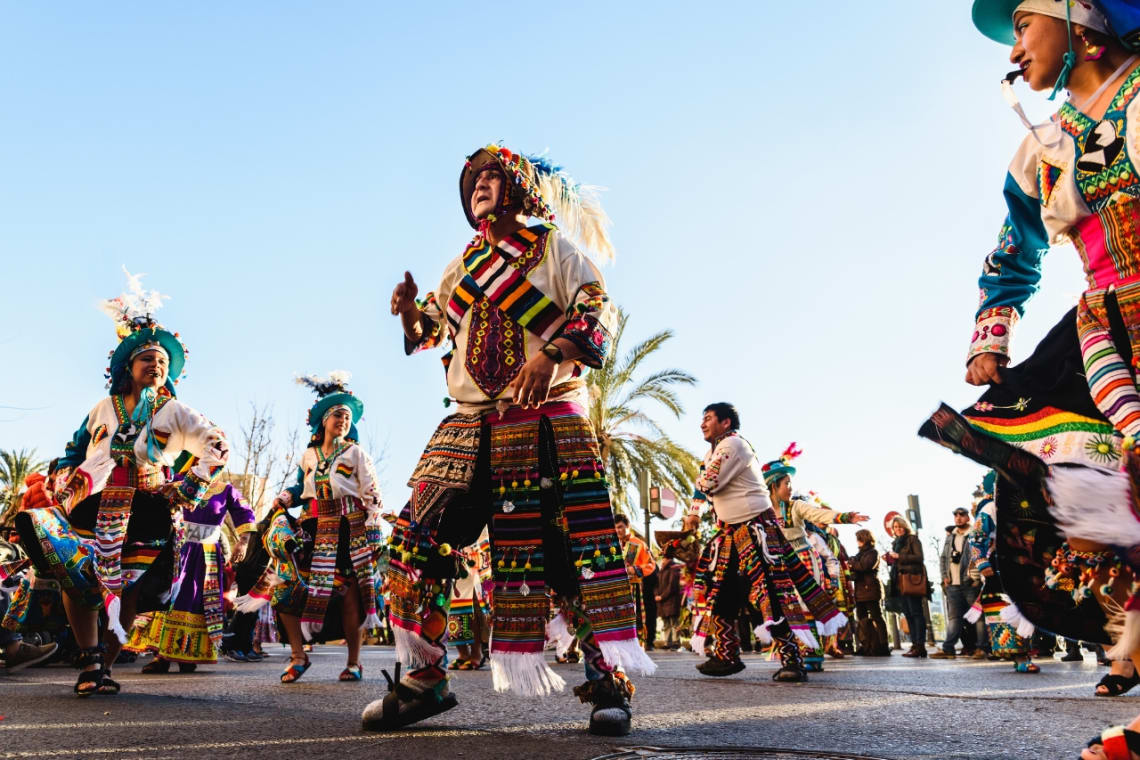Overview:
Americans participate in social trade projects and global travel to expand their viewpoints, gain new viewpoints, and cultivate shared thinking between various societies. These encounters can improve self-improvement, a proficient turn of events, and worldwide mindfulness.

Supporting Social Trade Projects
Numerous Americans partake in social trade programs supported by different associations, including government offices, non-benefits, and instructive organizations. Programs like the Fulbright Program, Harmony Corps, and Turning Youth Trade offer open doors for Americans to live, study, and work abroad. These projects center around social immersion, language learning, and local area administration, assisting members with creating diverse abilities and fabricating worldwide connections.
Instructive Trades
American understudies frequently participate in concentrate on abroad projects presented by their colleges and schools. These projects range from momentary summer meetings to full scholastic year trades. They give students the chance to take courses, understudy, or lead research in a far off country, consequently acquiring scholarly credit and improving their instructive experience. Grants and awards, for example, those from the Benjamin A. Gilman Worldwide Grant Program, make these open doors more available.
Proficient Trades
Proficient trade programs empower American experts to share their mastery and learn from their partners in different nations. For example, the International Visitor Leadership Program (IVLP) cooperates with a scope of clear areas in industry to showcase data, capacities, and best practices. These areas are often situated in regions like media, clinical, schools, advancement, professional development, and international collaboration.
Volunteer Projects
Chipping in abroad is one more famous way for Americans to participate in social trade. Associations like the Harmony Corps, Environment for Mankind, and Worldwide Workers send Americans to chip away at improvement projects in schooling, medical care, and framework. These worker encounters encourage social comprehension and give significant help to networks out of luck.
Go for individual improvement
Numerous Americans travel universally for individual enhancement and relaxation. The travel industry permits people to encounter new societies, foods, and scenes. Travel services, visit administrators, and online stages offer an assortment of movement bundles that take care of various interests and spending plans. Individual travel assists people with acquiring a more extensive perspective and valuing social variety.
Language Learning Projects
Language drenching programs empower Americans to learn unknown dialects in a local speaking climate. Programs like the Critical Language Scholarship (CLS) Program and submersion courses presented by language schools abroad assist members with improving their language capability while encountering the nearby culture firsthand.
Facilitating Global Guests
Americans likewise partake in social trade by facilitating global guests. Facilitating international students, staff, or guests from abroad gives potential opportunities that can share American culture and liberality. For instance, friendliness programs, worked by AFS Intercultural Work and the J-1 Visa Business Guest Program, reinforce multifaceted correspondence and connections
Americans take part in cordial work, venture to the far corners of the planet, educate, chip, travel, language learning, and move outsiders all over the planet. These activities upgrade and construct shared cognizance, self-awareness, and understanding, which empower a more associated world.
Read more: How do Americans celebrate indigenous cultures and traditions